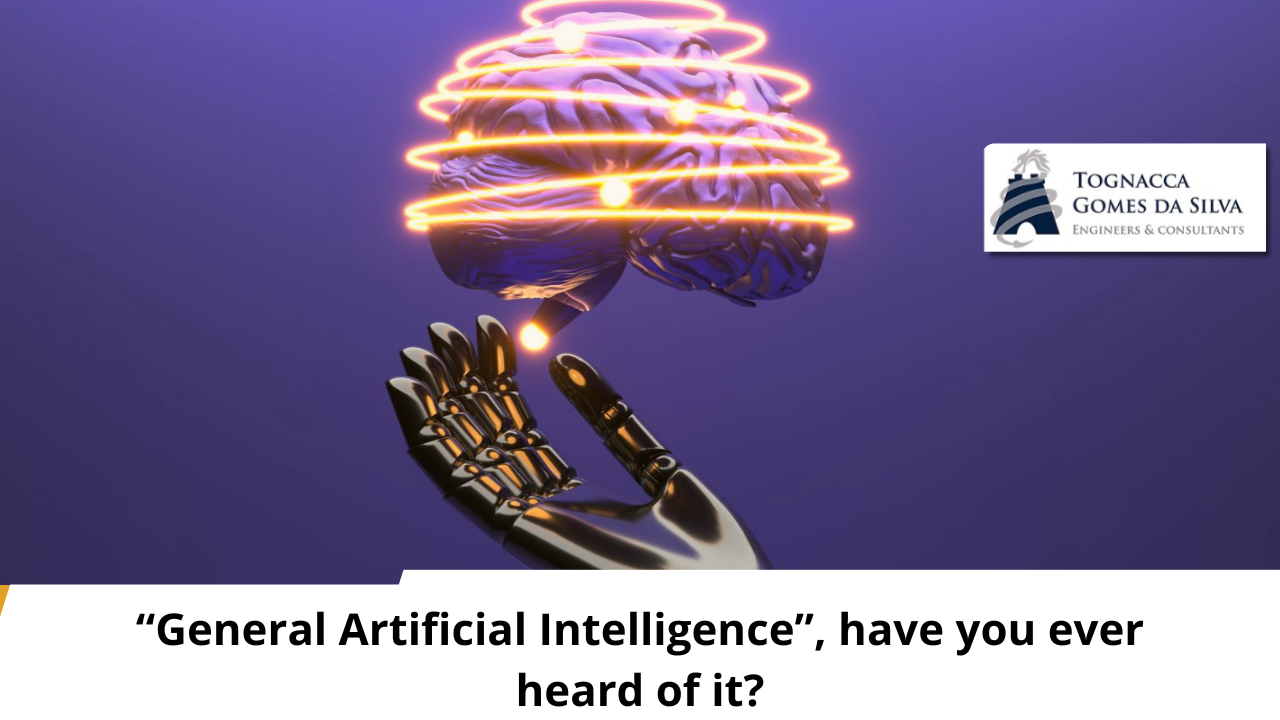The quest for Artificial General Intelligence
Artificial General Intelligence (AGI) has been considered the Holy Grail of the technology field, promising to revolutionize our interaction with machines in ways yet unimaginable. But what does this concept really mean and what are the challenges and promises it presents?
What is Artificial General Intelligence?
IAG refers to the development of artificial intelligence (AI) systems that have the ability to understand, learn and apply knowledge in a variety of contexts, in a manner similar to human intelligence. While current AI specializes in specific tasks — known as narrow AI — IAG aims for a more holistic and adaptive approach.
The transition from Narrow AI to General AI
We are currently experiencing the peak of narrow AI. Technologies like ChatGPT and other natural language processing tools demonstrate impressive abilities in specific tasks, such as writing copy or generating creative content. However, these skills are isolated and do not demonstrate the flexibility of human thought.
The big question for scientists and developers is how to make this transition from the specific to the general. The objective is to create systems that not only perform tasks, but can also transfer and adapt their knowledge to new problems and situations, significantly expanding the capacity for abstraction and creativity.
Challenges in the search for Artificial General Intelligence
- Defining and understanding intelligence: One of the biggest difficulties is defining what exactly constitutes ‘intelligence’. The complexity of this concept makes it difficult to establish a clear model for IAG.
- Technological development: To date, existing technologies are still limited to models based on neural networks that learn from large amounts of data. Achieving AGI will require a significant breakthrough that can mimic the depth and flexibility of human thought.
- Risks and ethics: The possibility of AI with expanded capabilities also raises significant concerns about security, ethics and control. The risks of misuse or unpredictable results require a careful and regulated approach to AGI development.
What to expect from IAG
Although we are still in the early stages of IAG development, the technology’s trajectory suggests that significant advances may be closer than we think. Scientists around the world are exploring new theories and models that could eventually enable the creation of truly general AI systems.
The race to develop the first operational IAG is intense, with major technology companies and startups investing billions in researching and developing new approaches to artificial intelligence. Success in this area would not only transform the field of AI, but also every aspect of our lives, from personalized medicine to innovative solutions to climate crises.
Artificial General Intelligence represents an exciting and challenging frontier in computer science. Although the obstacles are considerable, the potential rewards make this quest one of the most important of our age. As a society, we must navigate this territory carefully. We must ensure that advances are made safely and ethically for the benefit of everyone.
( source: bruna oliveira/ digital agro)



